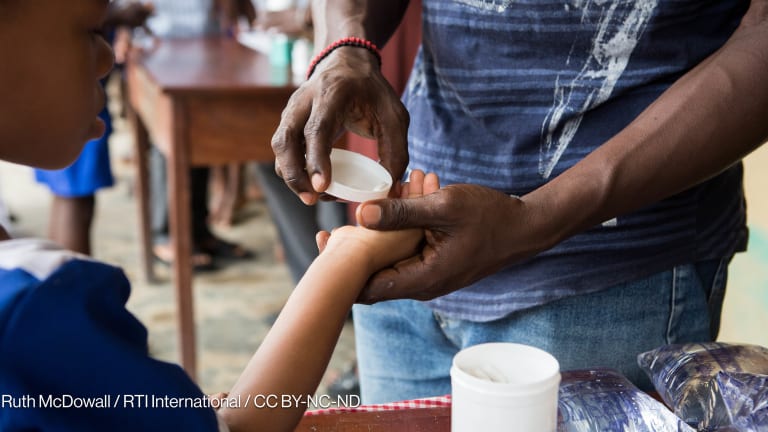South Africa faced “hefty demands and conditions” in securing COVID-19 supplies, based on secret contracts that the government was forced to publicly disclose following a recent court ruling, according to a group that analyzed them.
Contracts with some manufacturers included requirements that prevented the South African government from imposing export bans and donating doses to other countries without the companies’ permission. Some of the contracts also had broad indemnification clauses that left much of the liabilities to the government, while companies faced no penalties for late vaccine deliveries.
The contracts also confirm media reports that South Africa paid much more for some of the vaccines than wealthier countries in Europe. The contracts show the country paid the Serum Institute of India $5.25 per dose of the generic version of the AstraZeneca vaccine, 2.5 times more than the price paid by the EU for essentially the same vaccine. It also paid $10 a dose for the Pfizer vaccine, more than the $6.75 cost price the African Union reportedly paid for.








